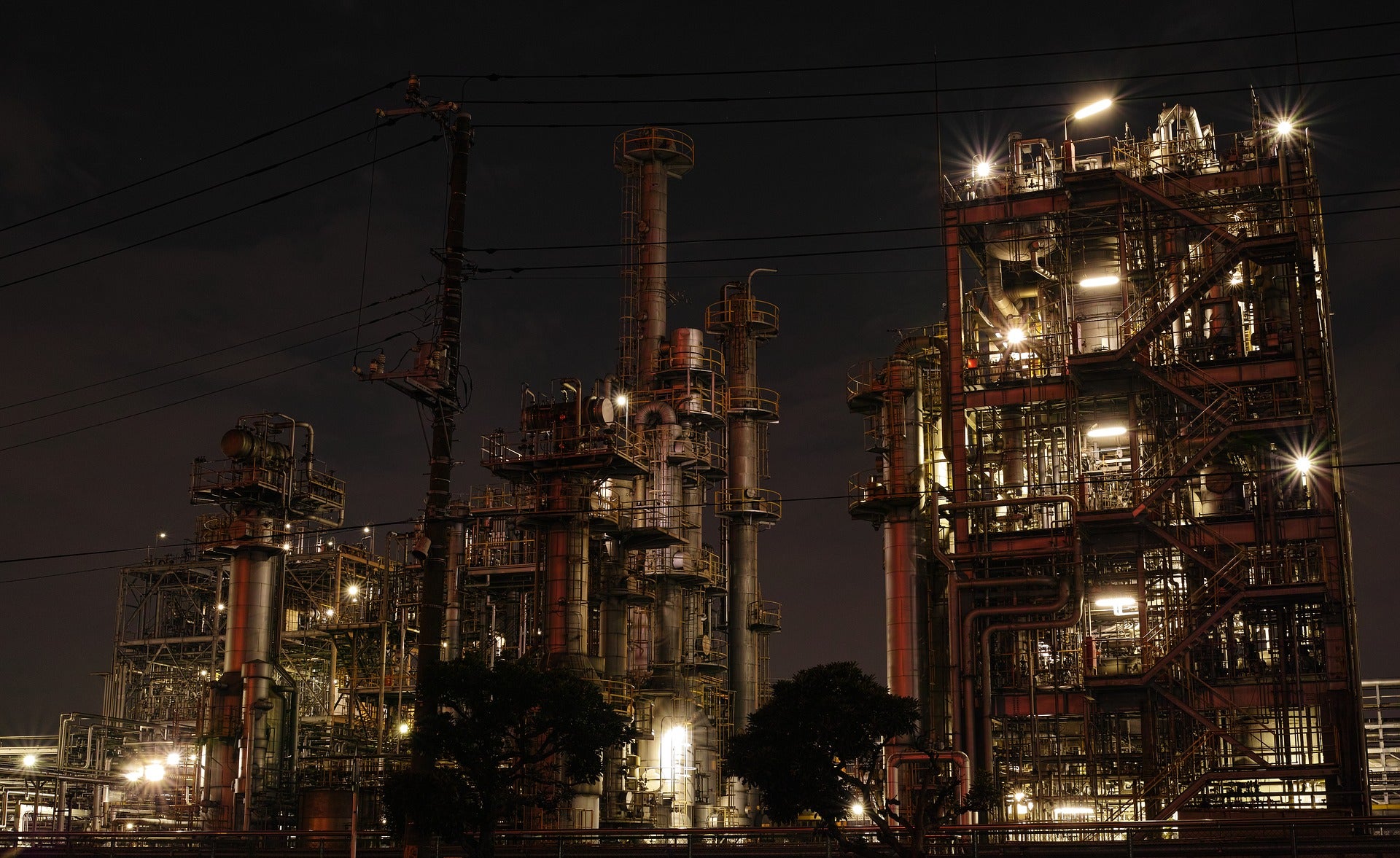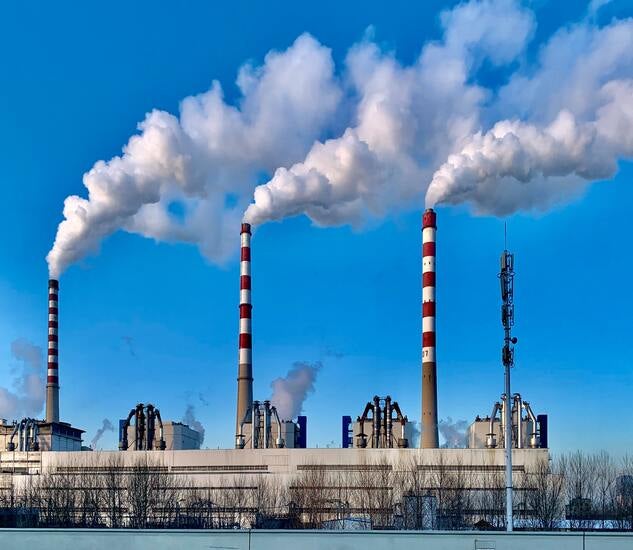
Japan’s Mitsubishi has agreed to partner with Shell Canada to produce low-carbon hydrogen in Canada.
Under the agreement, Mitsubishi will construct a low-carbon hydrogen facility near the Shell Energy and Chemicals Park Scotford in Scotford, Alberta.
How well do you really know your competitors?
Access the most comprehensive Company Profiles on the market, powered by GlobalData. Save hours of research. Gain competitive edge.

Thank you!
Your download email will arrive shortly
Not ready to buy yet? Download a free sample
We are confident about the unique quality of our Company Profiles. However, we want you to make the most beneficial decision for your business, so we offer a free sample that you can download by submitting the below form
By GlobalDataShell will be responsible for providing CO₂ storage through the proposed Polaris Carbon Capture and Storage project (CCS) project near Edmonton.
Mitsubishi said that the hydrogen plant would be built near the Edmonton region due to the availability of natural gas resources, CO₂ storage capacity, and shared infrastructure opportunities.
In a press statement, Mitsubishi said: “By co-locating next to Shell Scotford, both companies will explore potential synergies such as land use and utilities integration. Close communication with stakeholders will be a key principle as the project proceeds in its development.”
Planned for commissioning in the latter half of this decade, the proposed facility is expected to produce about 165,000t per annum of hydrogen in the first phase.
The low-carbon hydrogen, or blue hydrogen, which is produced via a natural gas feedstock, will be converted to low-carbon ammonia for export to Asian markets.
Mitsubishi said that the hydrogen would be mainly exported to the Japanese market to produce clean energy.
Shell Canada Chemicals and Products senior vice-president Mark Pattenden said: “Shell is leveraging our global leadership in carbon capture and storage to help produce the low-carbon products our customers need to move through an accelerated energy transition.
“This opportunity is in line with our vision to create a world-class site to provide customers with lower-carbon fuels, products and carbon storage.”



